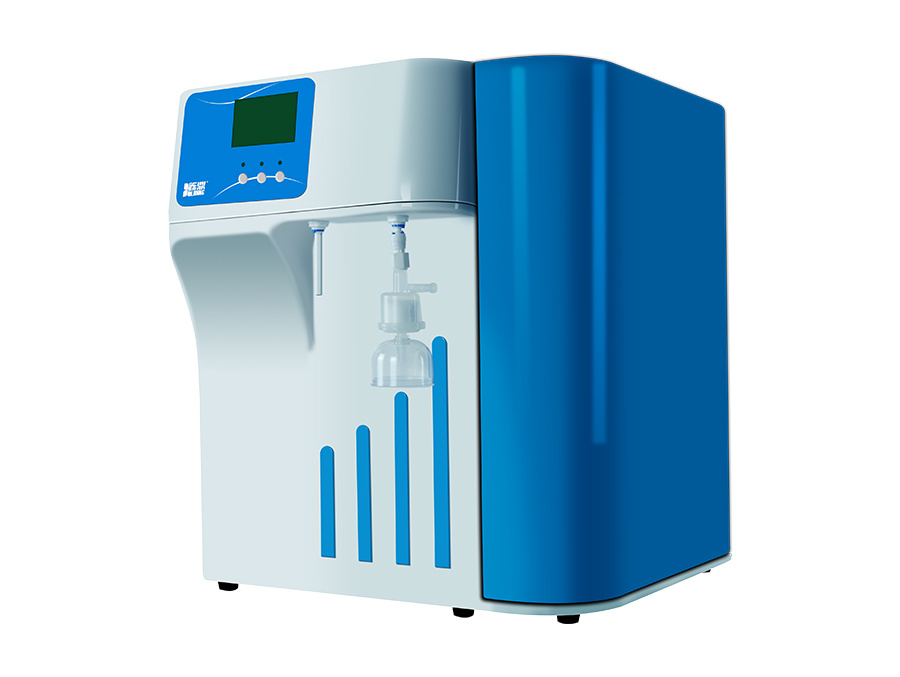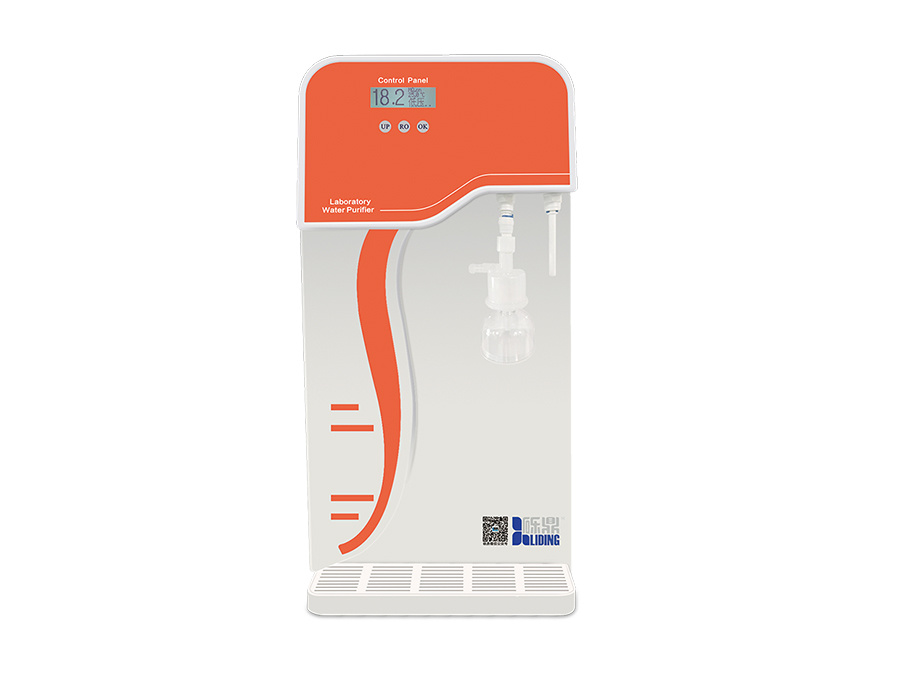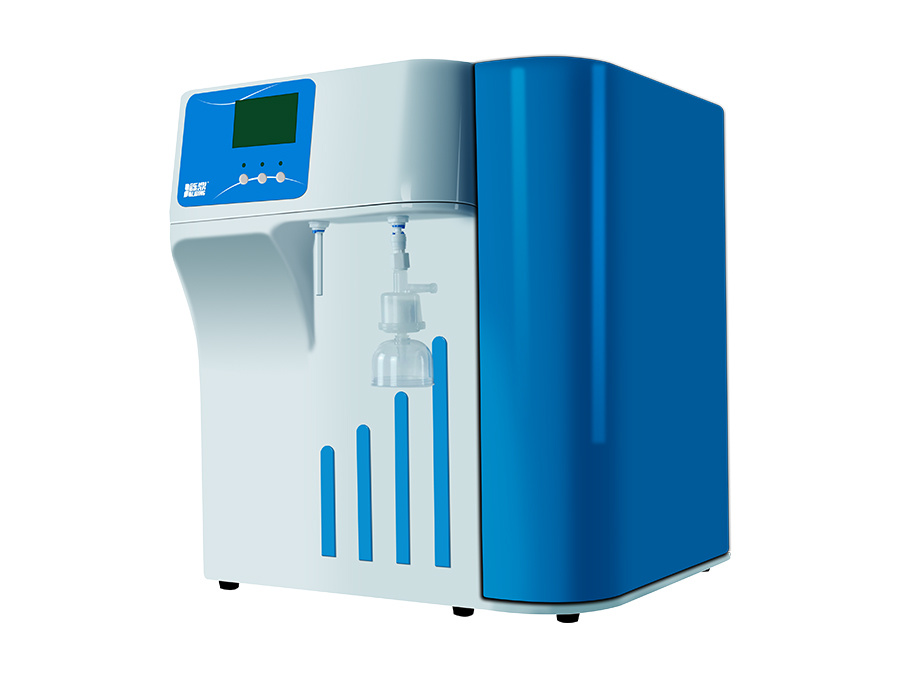Understanding Ultrapure Water Systems for Laboratory Applications
Time:
Apr 23,2025
Ultrapure water systems are essential in laboratory environments where the highest level of water purity is required for critical experiments and analyses. These systems are designed to remove impurities that could interfere with scientific results, ensuring that the water used in processes like chromatography, spectroscopy, and biological assays is of the utmost quality.
One of the primary advantages of utilizing an ultrapure water system is the reduction of contaminants that can impact the reliability of experimental outcomes. Even trace amounts of impurities—such as salts, organic compounds, or microorganisms—can lead to skewed results. Therefore, having access to ultrapure water is vital for laboratories engaged in sensitive research or manufacturing processes, such as pharmaceuticals, electronics, or biotechnology.
The ultrapure water system typically comprises several key components, including pre-treatment units, reverse osmosis (RO) membranes, and ultraviolet (UV) sterilization units. The pre-treatment phase often involves the use of sediment filters and carbon filters to remove larger particles and chlorine. Following this, the reverse osmosis process effectively separates the majority of dissolved solids and contaminants from the water. This is followed by deionization, where ion exchange resins are employed to remove remaining ionic impurities, creating water that approaches the purity of distilled water.
To further enhance the purity, many systems incorporate UV light treatment, which eliminates any remaining bacteria and viruses. This multi-barrier approach ensures that the final product meets the stringent quality standards required in laboratory settings. It's important to regularly maintain and monitor these systems to ensure consistent performance and water quality.
Another factor to consider when implementing an ultrapure water system is the type of application for which the water will be used. Laboratories must evaluate their specific needs, including flow rates, usage frequency, and the specific contaminants that must be removed. Customization of the ultrapure water system can enhance its efficiency and effectiveness, making it tailored to the lab's requirements.
In conclusion, ultrapure water systems are integral to achieving high-quality results in laboratory research. By understanding their components and functionalities, laboratory professionals can make informed decisions when selecting water purification solutions. As clean water remains a cornerstone of scientific advancement, investing in a reliable ultrapure water system can significantly benefit research outcomes and operational efficiency.
One of the primary advantages of utilizing an ultrapure water system is the reduction of contaminants that can impact the reliability of experimental outcomes. Even trace amounts of impurities—such as salts, organic compounds, or microorganisms—can lead to skewed results. Therefore, having access to ultrapure water is vital for laboratories engaged in sensitive research or manufacturing processes, such as pharmaceuticals, electronics, or biotechnology.
The ultrapure water system typically comprises several key components, including pre-treatment units, reverse osmosis (RO) membranes, and ultraviolet (UV) sterilization units. The pre-treatment phase often involves the use of sediment filters and carbon filters to remove larger particles and chlorine. Following this, the reverse osmosis process effectively separates the majority of dissolved solids and contaminants from the water. This is followed by deionization, where ion exchange resins are employed to remove remaining ionic impurities, creating water that approaches the purity of distilled water.
To further enhance the purity, many systems incorporate UV light treatment, which eliminates any remaining bacteria and viruses. This multi-barrier approach ensures that the final product meets the stringent quality standards required in laboratory settings. It's important to regularly maintain and monitor these systems to ensure consistent performance and water quality.
Another factor to consider when implementing an ultrapure water system is the type of application for which the water will be used. Laboratories must evaluate their specific needs, including flow rates, usage frequency, and the specific contaminants that must be removed. Customization of the ultrapure water system can enhance its efficiency and effectiveness, making it tailored to the lab's requirements.
In conclusion, ultrapure water systems are integral to achieving high-quality results in laboratory research. By understanding their components and functionalities, laboratory professionals can make informed decisions when selecting water purification solutions. As clean water remains a cornerstone of scientific advancement, investing in a reliable ultrapure water system can significantly benefit research outcomes and operational efficiency.
RELATED NEWS








